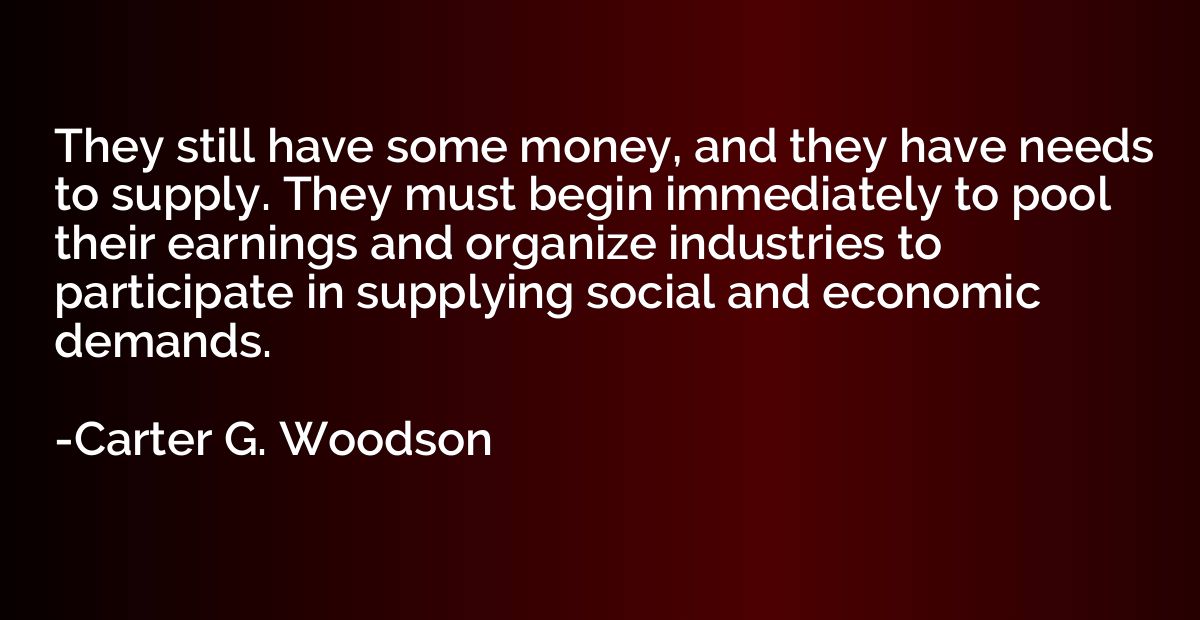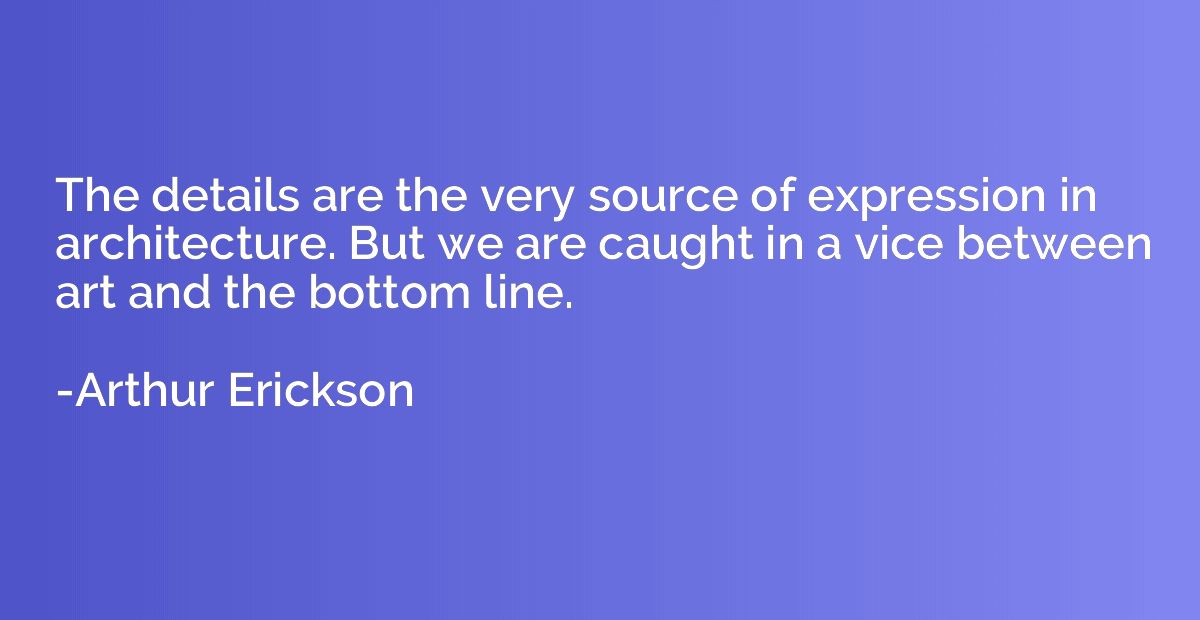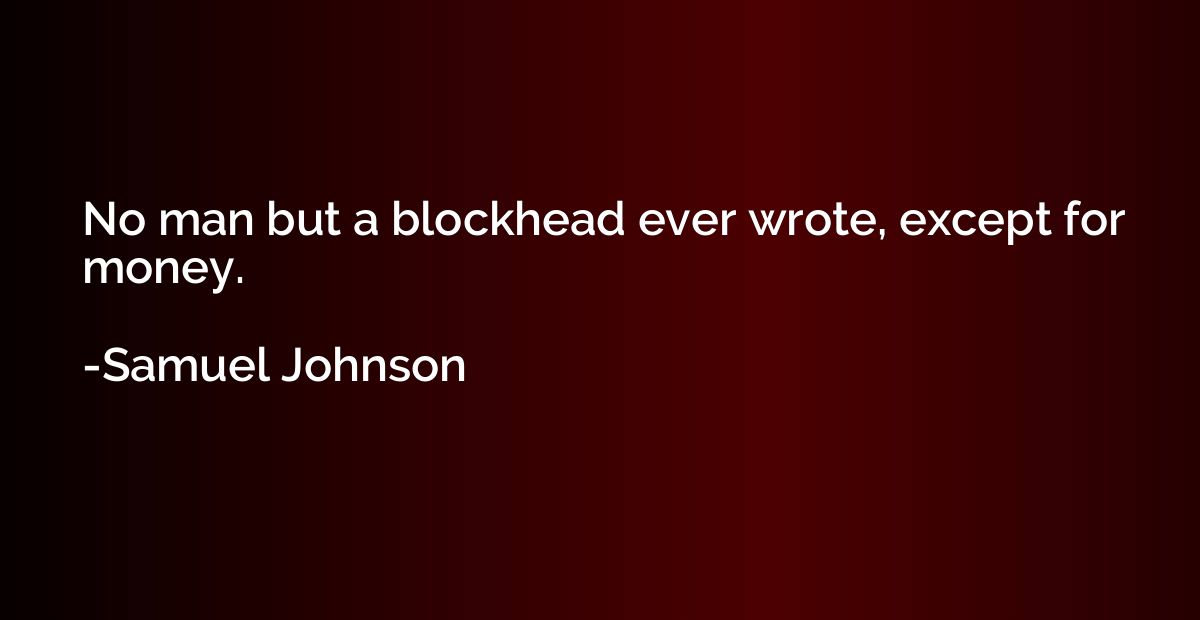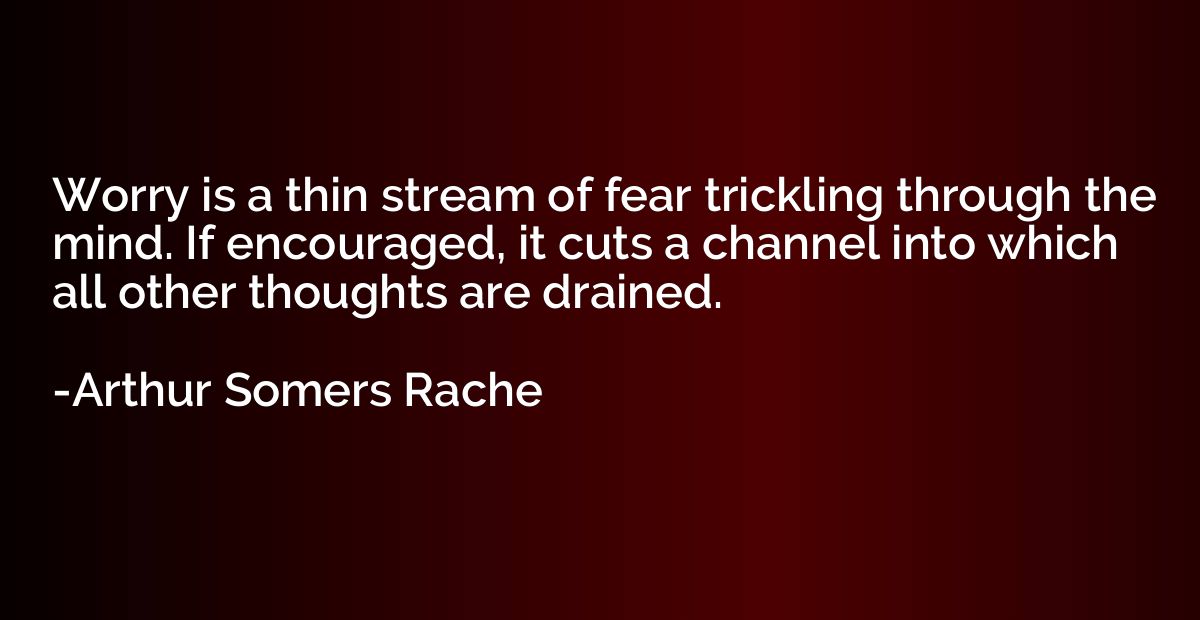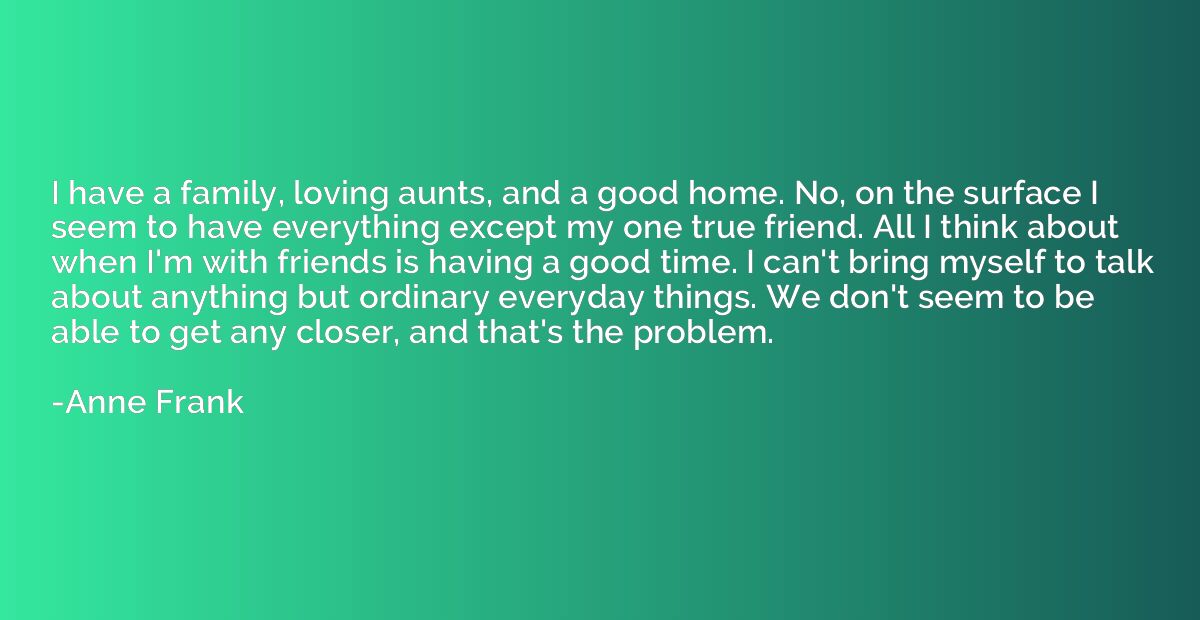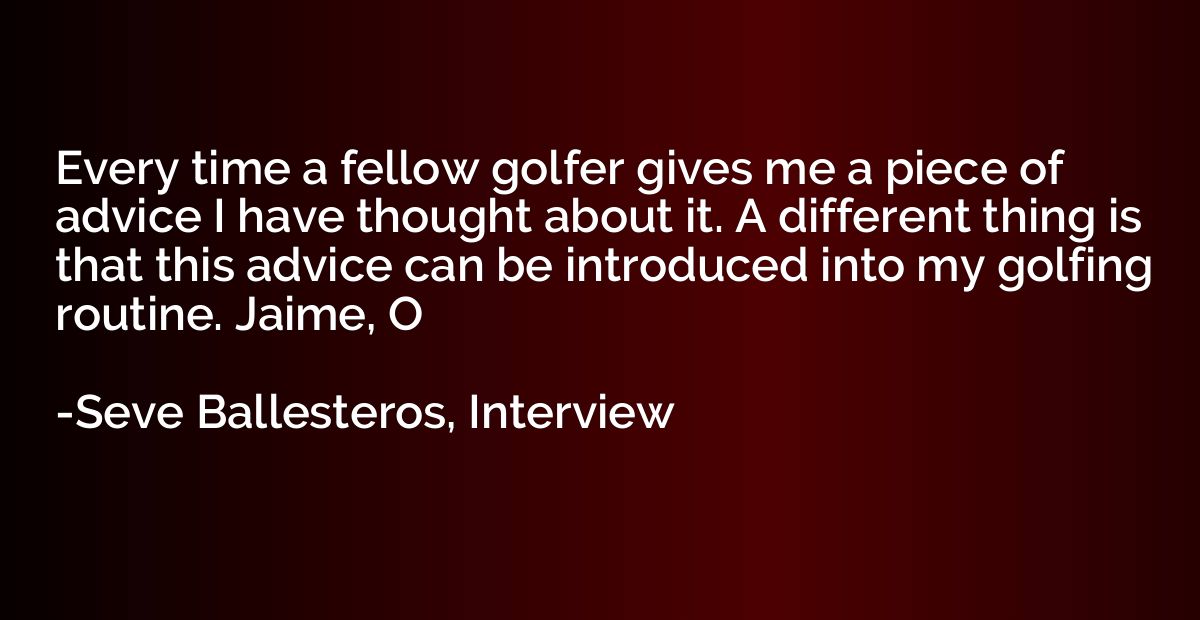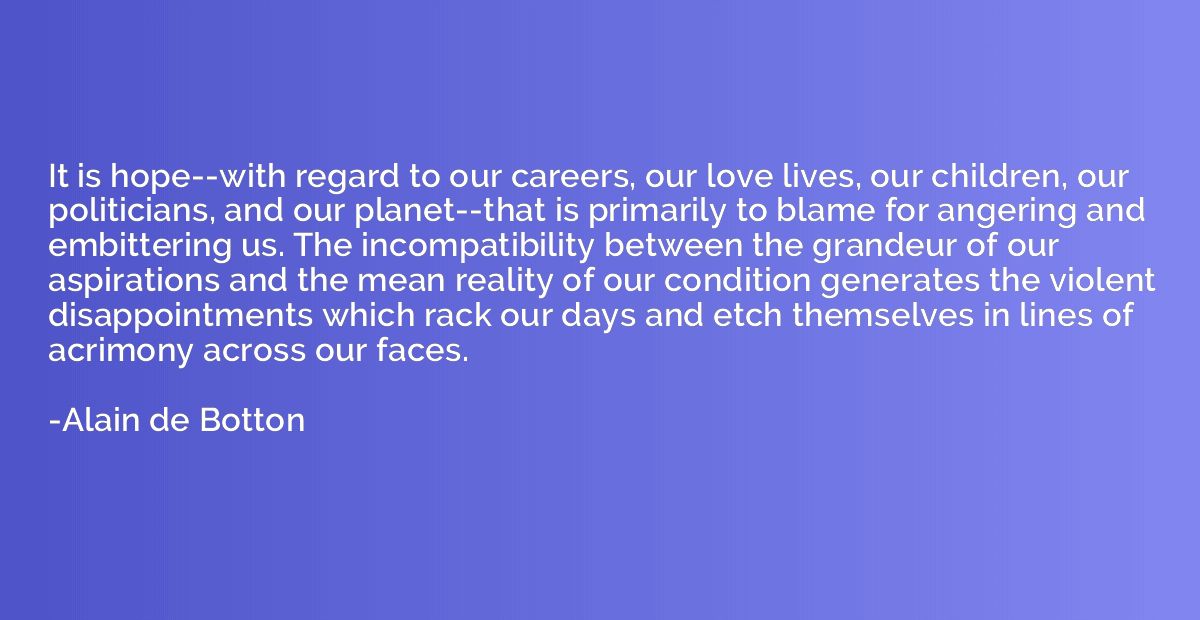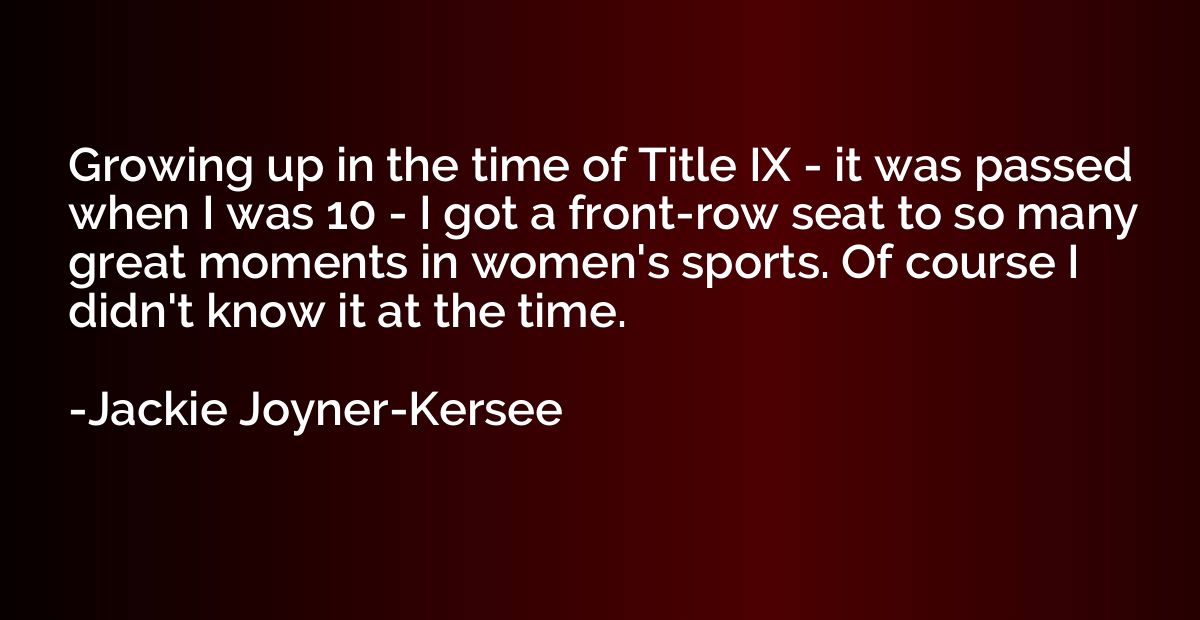Quote by Franklin Pierce Adams, So Shines
THERE was a man in our town, and he was wondrous rich; He gave away his millions to the colleges and sich; And people cried: The hypocrite! He ought to understand The ones who really need him are the children of this land. When Andrew Croesus built a home for children who were sick, The people said they rather thought he did it as a trick, And writers said: He thinks about the drooping girls and boys, But what about conditions with the men whom he employs? There was a man in our town who said that he would share His profits with his laborers, for that was only fair, And people said: Oh, isn't he the shrewd and foxy gent? It cost him next to nothing for that free advertisement. There was a man in our town who had the perfect plan To do away with poverty and other ills of man, But he feared the public jeering, and the folks who would defame him, So he never told the plan he had, and I can hardly blame him.
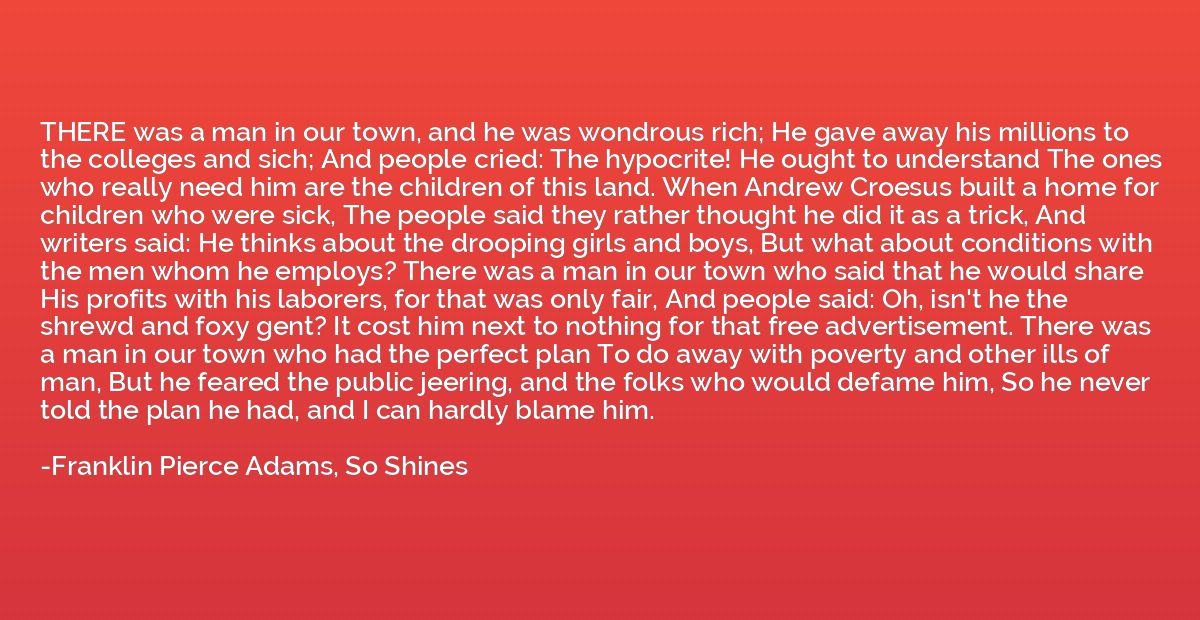
Summary
This quote highlights the cynicism and skepticism that can often be directed towards those who are wealthy and philanthropic. It illustrates the perception that individuals who donate to causes are often accused of having ulterior motives, being hypocritical, or seeking personal gain. It also emphasizes how some people may be hesitant to share their ideas or plans for fear of ridicule or negative judgment from the public. Ultimately, the quote suggests that societal judgment and mistrust can inhibit genuine acts of compassion and progress.





